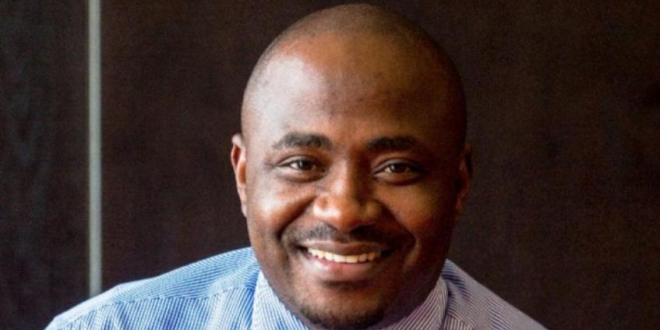AfricaPress-Tanzania: I just finished reading a memoir by former President Ally Hassan Mwinyi,’Mzee Ruksa, Safari ya Maisha Yangu,’ which is probably the best narrated Kiswahili biography of all time. In the book, Mzee Mwinyi discloses how he learned a saving culture from an early age through his late grandfather.
He says, during harvest season, when everyone was busy partying and plummeting the harvests, Mzee Nzasa would carefully stock the family harvest, ready to sell at higher prices during drought or in exchange for labour.
That mentality, he says, has guided him through his entire life (he just turned 96),so much so that he has never borrowed money from anyone, thanks to self-discipline in savings and avoiding unnecessary expenditures.
In Tanzania, we are slowly becoming a nation of spenders rather than savers. The savings to income ratio is lower as the social norm is spending to achieve a particular lifestyle or status, regardless of income level. The price tags and brands are essentials, irrespective of income.
Most people will place their lack of savings on not earning enough or because prices continue to rise. Frankly, the real reasons why people don’t save are seldom economic – they’re more psychological. That’s because, to most people, savings is considered as what’s left over after paying for all essentials, rather than one of the essentials after earning. For most people, their savings get squeezed to allow consumption, while realistically, consumption is compressed to enable savings.
People tend to cling to the illusion that things will somehow improve – that, regardless of their efforts, things will get better, they’ll get lucky, their talents will suddenly be recognized, or ‘Dili’ or ‘Mchongo’ will come out of the blues, and all their financial worries will disappear. False optimism or what is known as ‘Peter Pan syndrome.’
Psychologically, spending is funnier than saving. It can be hard to save, especially during tough economic times. But saving is no longer an option. The coronavirus outbreak has given us all the chance to rethink our spending habits, and if you’re lucky enough to have a job still, it can be a brilliant time to make some positive changes to your financial habits.
For instance, in Dar es Salaam, local hospitals charge as high as 1m/- for one-night admission for COVID-19 patients, which medical insurers do not cover. We are soon going to see families making life or death choices. Save.
Where do we go from here?
An orthodox piece of advice is to automatically save at least 15-20 percent of your income every month for future expenses, including emergencies and future life plans. Banks can help you set a particular standing order that will automatically transfer funds to this special account after each instructed income. You can also instruct limited withdrawals.
Another renowned method is starting what is known as an emergency fund, where one can start saving for the future. It might feel like emergency savings money is ‘just sitting there,’ but that’s the point. Your emergency cash reserves should be easily accessible if your income is adversely affected or a significant unexpected expense arises. If you become ill, the last thing you want to worry about is how you’ll pay medical bills.
Yet still, since savings is a habit, it is imperative to inculcate it early. Savings should start at home and schools at an early age. One can be taught to start small with achievable targets, short-term goals, and identifying fundamental lifestyle changes. Once savings habits are established, they tend to be maintained, and among ‘rainy-day savers,’ the savings developed during childhood continue into adulthood and become self-reinforcing.
Godwin Semunyu is Head of Marketing and Communication at Equity Bank Tanzania Limited. The views expressed in the article are personal and do not represent his employer.






